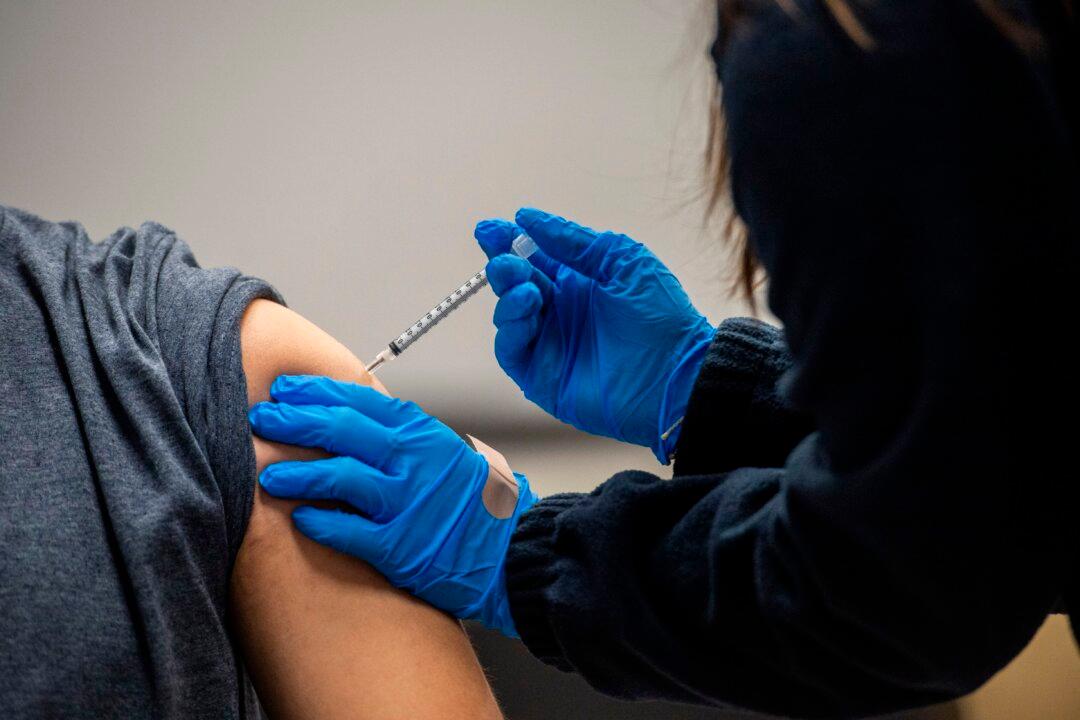The deadline has passed for Pfizer to submit the results of a study exploring the frequency of heart inflammation following receipt of the company’s COVID-19 vaccine.
Pfizer was required by the U.S. and Food and Drug Administration (FDA) to conduct multiple studies on its vaccine after the FDA approved the shot in August 2021 because regulators determined that without the studies, there would not be sufficient data to assess the “known serious risks of myocarditis and pericarditis,” or heart inflammation and a related condition.






